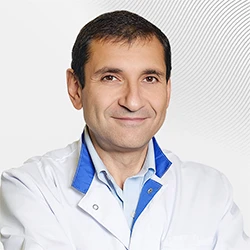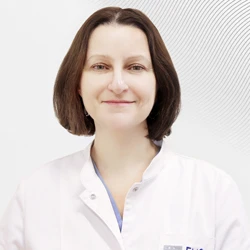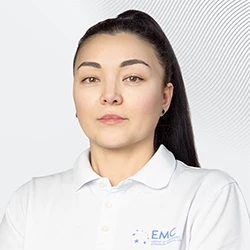Treatment of depression
Symptoms of depression
Diagnosis and treatment of depression
Advantages of treatment in EMC
Along with anxiety disorders, depression is one of the most common mental disorders. Depressive episodes can develop as an independent disease, and accompany bipolar affective and recurrent depressive disorders, often occurring in organic brain diseases (epilepsy, psycho-organic syndrome, mental pathology of late age, the effects of traumatic brain injuries).
In everyday life, it's not uncommon to hear, "I have depression." At the same time, depression refers to a bad mood that arose for a variety of reasons: an umbrella left at home in rainy weather, the absence of a bonus expected at the end of the year, a conflict with a teenage son, etc. However, a bad mood does not mean depression. Depression is a complex of symptoms.
Symptoms of depression
One of her symptoms is a prolonged lack of mood (more than 2 weeks). Moreover, no external circumstances (a joke, a pleasant meeting, joyful and long-awaited events) can change it. In some cases, a person may experience unreasonable anxiety, concern for their loved ones and their own health.Depression is always accompanied by decreased performance, rapid fatigue, and difficulty concentrating. The most familiar, mundane tasks seem complicated and difficult to accomplish. Irritability appears, often for the most minor reasons. Interest in the environment disappears: work, favorite activities, the feeling of pleasure disappears. The food seems tasteless, your favorite show is boring, and partying with friends is an aimless waste of time. The future is seen in gloomy colors, hopeless and bleak.
Another manifestation of depressive disorders is sleep disorders. Nighttime sleep becomes shallow, intermittent, with early (2-3 hours earlier than usual) awakenings. Appetite decreases, which leads to rapid weight loss.
The most dangerous symptom of depression is suicidal thoughts, which in the most severe cases of the disease can lead to specific actions. It is important for others to understand that the patient cannot control his condition and get rid of the disease by willpower. We can handle a bad mood. Good music, delicious food, a funny joke – and life gets better. But depression is a disease that requires special, often medicinal, treatment. It is impossible to cure it by simple persuasion or autosuggestion.
So, the main symptoms of depression are:
- decreased or impaired appetite.
Types of depression:
- depressive reactions
- psychogenic depression
- reactive depression
- seasonal depressive disorder
Prolonged exposure to depression can exacerbate the course of somatic diseases such as hypertension, angina pectoris, and bronchial asthma, complicating their treatment and worsening the prognosis. If symptoms of depression persist for more than 2 weeks, you should consult a psychiatrist.
The specialists of the EMC Psychiatric and Psychotherapy Clinic diagnose and treat all types of depression, including prolonged and severe depression, anxiety depression, and chronic depression. It is possible to be hospitalized in a comfortable hospital of the EMC hospital on Shchepkina St.
Diagnosis and treatment of depression
The main method of examination that makes it possible to establish a diagnosis is a psychiatric consultation. Undoubtedly, a therapist, neurologist, or psychologist can assume the presence of depression and refer you to a psychiatrist, but the final diagnosis and choice of treatment strategy (medications, psychotherapy, etc.) should remain with a specialist in the field of treatment of mental disorders.
Patient's complaints of only a bad mood or anxiety are not enough to talk about a depressive disorder. For a reliable diagnosis, a psychiatrist must identify at least four symptoms of depression, assess the time of their appearance, severity, severity, etc. Specially designed questionnaires can serve as auxiliary examination methods, for example, the Beck Depression questionnaire, the MMPI (Minnesota Multidimensional Personality Questionnaire), etc., which may also suggest the need to consult a specialist.
The diagnosis of depression includes examinations that exclude other disorders with similar symptoms. For this purpose, magnetic resonance imaging of the brain (MRI diagnostics) and laboratory tests of thyroid hormone levels are performed. Psychiatrists diagnose depression during clinical interviews using specialized questionnaires, tests, and scales developed.
The most effective method of treating depression in the private EMC clinic combines drug treatment and psychotherapy. Comprehensive rehabilitation programs for depressive disorders have now been developed, which include massage, reflexology, special gymnastics, and work with patients' families.
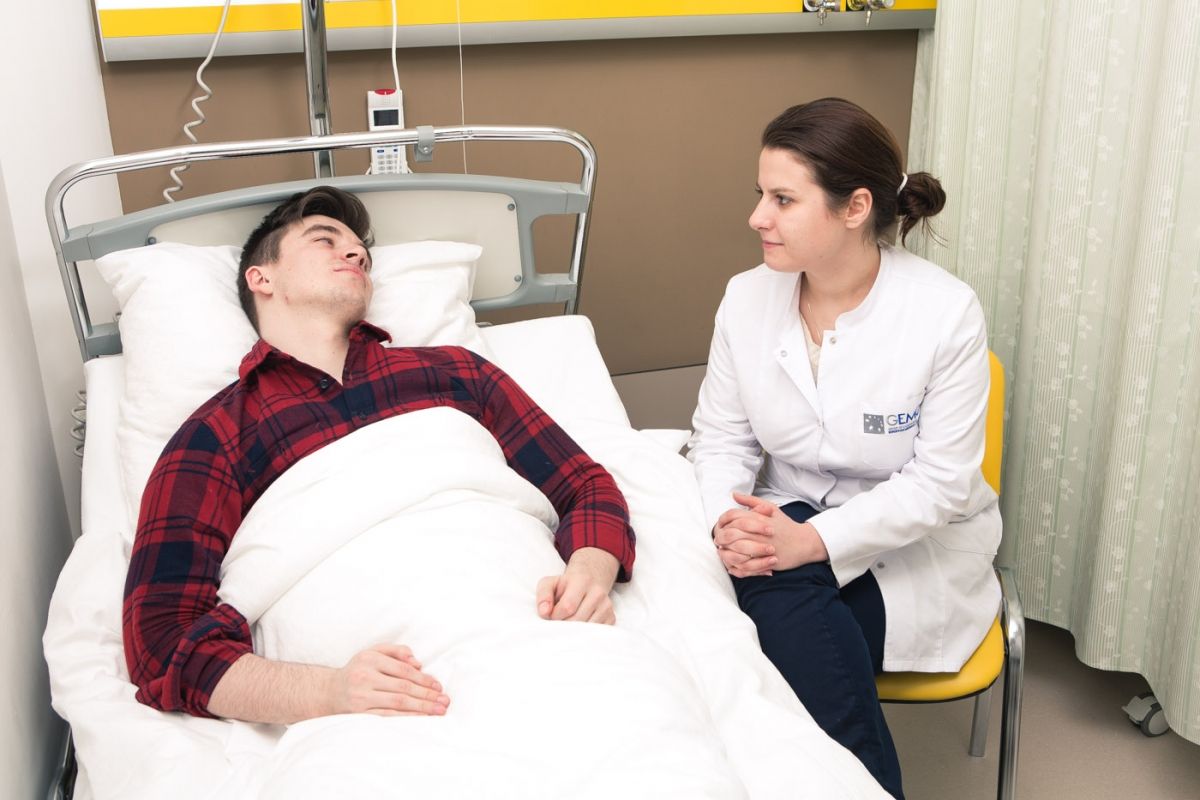 Treatment of depressive disorder is based on the severity of the condition and usually includes It includes three stages:
Treatment of depressive disorder is based on the severity of the condition and usually includes It includes three stages:
- Cupping ("cutting off") therapy is aimed at eliminating the symptoms of the disease as quickly as possible.
- Stabilizing therapy – helps to remove the residual symptoms of depression and is aimed at combating relapses.
- Prevention of repeated episodes of depression in the future.
Often, the first stage of depression treatment takes place in the round-the-clock hospital of the multidisciplinary hospital of the European Medical Center in Moscow. The second and third are carried out in a day–care hospital or on an outpatient basis. The most justified and clinically effective treatment for depression is a psychotherapy program (mainly cognitive behavioral therapy) with a course of psychopharmacotherapy.
Advantages of treatment in EMC
- An integrated approach is used to treat psychoemotional disorders: a combination of pharmacotherapy, cognitive behavioral therapy and non-drug treatment methods (TMS, BOS therapy).
- We not only treat depression, but also train patients to suppress negative thoughts and emotions, and return them to an active and happy life.
- The clinic of Psychiatry and psychotherapy has a comfortable hospital, which allows treating even severe forms of depression.
Make an appointment for a consultation and we will contact you for more details
Why the EMC
The first and only clinic in Russia, created in the image of the world's leading clinics
EMC is a multidisciplinary center offering patients a high level of medical services and a personalized approach
600
world-renowned doctors
57
treatment directions
36
years take care of your health
24/7
we work at any convenient time
Worldwide recognition and awards
Our achievements have been confirmed by prestigious international awards
 Learn more
Learn more
Worldwide recognition and awards
We work according to international standards, we have licenses and certificates
 Certificates and licenses
Certificates and licenses
Make an appointment for a consultation
Specify your contacts and we will contact you to clarify the details
Reviews
Richard Hume,
City: -
I am very grateful
A Big Thankyou to Dr Volkov at Schepkina and to Dr Shomahov Murat at Orlovskiy
today, for some excellent treatment and counselling. I am very grateful.
Clinic:
Neurology Clinic
Doctor:
Volkov Sergey
23 December 2025
Hajime ESAKI,
City: -
Very supportive nurses at ER
Very supportive nurses at ER
Hajime ESAKI,
City: -
Thank you
Nurses had a great teamwork.
Anonymous,
City: -
Dr. Panfilova is awesome - very skilled
Dr. Panfilova is awesome - very skilled, professional, and so kind! I wish
I could go back to her for all my appointments.
Clinic:
Gynecology Clinic
Doctor:
Panfilova Olga
25 November 2025
Iris L.,
City: -
I liked the place very much
Everybody, even those who only passed by, said Hello and was friendly.
I liked the place very much.
Anonymous,
City: -
Friendly and efficient
Friendly and efficient. The dermatologist doctor I consulted is great.
Anonymous,
City: -
Very friendly
Very friendly and really good English.
Edmond Kesseh,
City: -
Outstanding staff
Outstanding staff, from the receptionists to the Doctors. Very professional
and deeply customer service oriented. Very pleased with my first visit as a foreigner who does not speak Russian. You all made me feel at home and very comfortable. Thank you.
Christopher M.,
City: -
Dr Dacremon is the best
He and his team are so good, so professional and so caring.
Clinic:
Dental Clinic
Doctor:
Dacremont Philippe (France)
5 November 2025
Anonymous,
City: -
Thank you for everything!
Thank you for everything!
Keith M.,
City: -
Thank you to the Urology team
Thank you to the Urology team for providing consistent preparation and
delivery of my required treatment during the last few months. Professional and friendly at the same time. Much appreciated!
Clinic:
Urology Clinic
29 October 2025
Anonymous,
City: -
Professional service
Efficient, professional service as normal.
Anonymous,
City: -
Very good experience of visiting clinic. Dr. Kirzhinov
I had very good experience of visiting clinic. Dr. Kirzhinov is very professional,
gave me a very good treatment and solved a problem. Also I want to thank assistant Ayrat. He explained everything well and accompanied me during my whole visit, he helped me a lot
Clinic:
Dental Clinic
Doctor:
Kirzhinov Islam
5 October 2025
Anonymous,
City: -
The team worked very smoothly
The room was perfectly prepared and all materials already available for
me. The team worked very smoothly and everything proceeded according to plan. Many thanks for a consistently professional operation carried out perfectly.
Anonymous,
City: -
Everything is great!
Everything is great! I enjoyed the appointment. The doctor did a great
job
Clinic:
Clinic of dermatology, venereology, allergology and immunology
Doctor:
Vardanyan Karine
29 September 2025
Anonymous,
City: -
So kind, friendly and reassuring
Dr Urbanova and Dr Sakyaan are so kind, friendly and reassuring. As a person
who has a serious fear of doctors, they make the process much easier.
Clinic:
Internal Medicine Clinic
Doctor:
Urbanova Ksenia
13 September 2025
Anonymous,
City: -
Sir Popov number one
Sir Popov number one, the best doctor me to care, do pay him more money
please
Clinic:
Internal Medicine Clinic
Doctor:
Popov Daniil
12 September 2025
Anonymous,
City: -
God bless you all
I appreciate all your wonderful and willing to help staff. God bless you
all
Anonymous,
City: -
I want to thank Dr. Sokolova
I want to thank Dr. Sokolova for the best dental cleaning I have ever had.
She is extremely thorough and knowledgeable, and gave me several recommendations for performing cleaning at home. I would strongly recommend Dr. Sokolova and EMC to anyone who needs dental work.
Clinic:
Dental Clinic
Doctor:
Sokolova Evgeniya
18 August 2025
Anonymous,
City: -
I will certainly return to EMC
Vitaly, the doctor's assistant was great. He assisted from booking to the
production of invoice for insurance reimbursement and everything in between. A very pleasant and personable youmg man. Thank you Vitaly. Also, Dr Olga Romanova was exceptional. She listened to me and took
into account my self-knowledge pertaining to my own condition, and did not dismiss me and my self-diagnosis. As a doctor myself, I was impressed, as many of my own often complain of poor bedside manners they experienced with other physicians. A day later, and my symptoms have already began to resolve. Thank you Dr Romanova, you are a credit to the profession. As for the facility itself, it was a really nice and modern clinic, well appointed and clean. However, the general staff could be a little more pleasant and not just transactional. Maybe it is because I am a tourist and they know I dont speak the language. No matter the language barrier, a warm smile goes a long way in making others feel welcomed. There was not even a smile from the nurse who gave me a shot. The pharmacist was however quite pleasant and warm. Next time I am in Moscow, and become ill (I hope not haha) I will certainly return to EMC.
... more
Clinic:
ENT - Head and Neck Surgery Clinic
Doctor:
Romanova Olga
17 August 2025
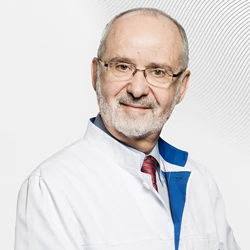
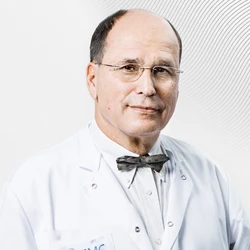
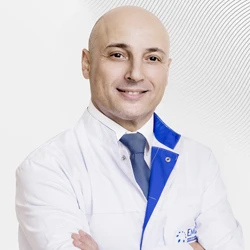
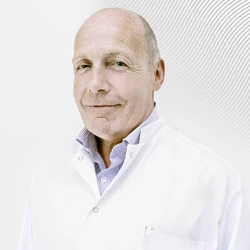
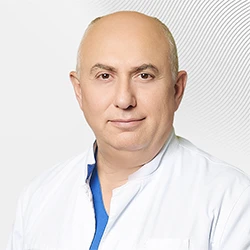
.webp)
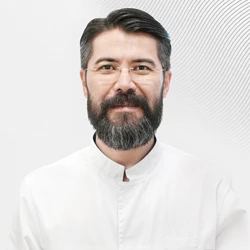
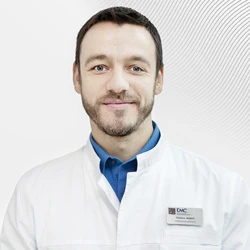
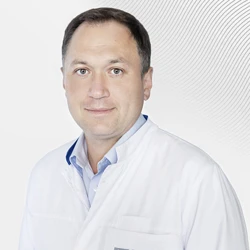
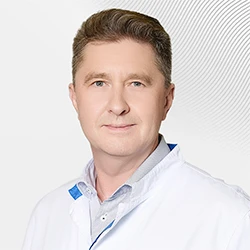
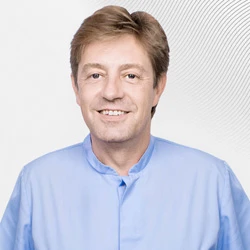
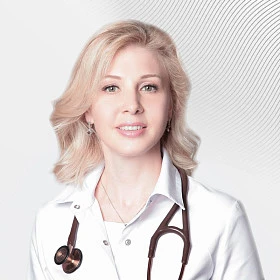
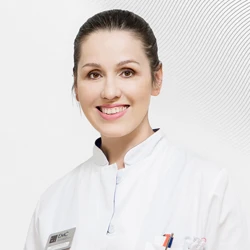
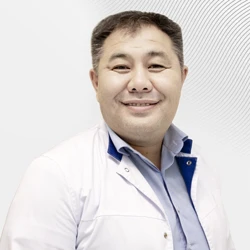
.webp)
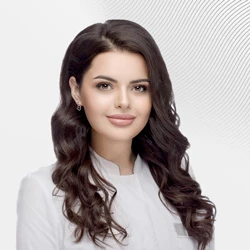
.webp)
